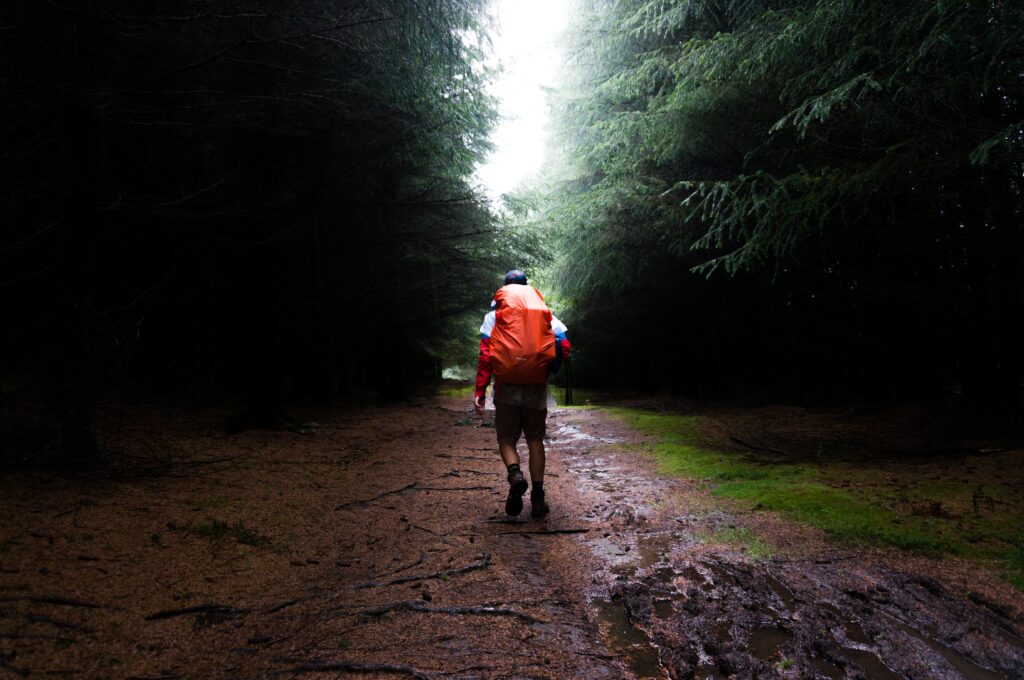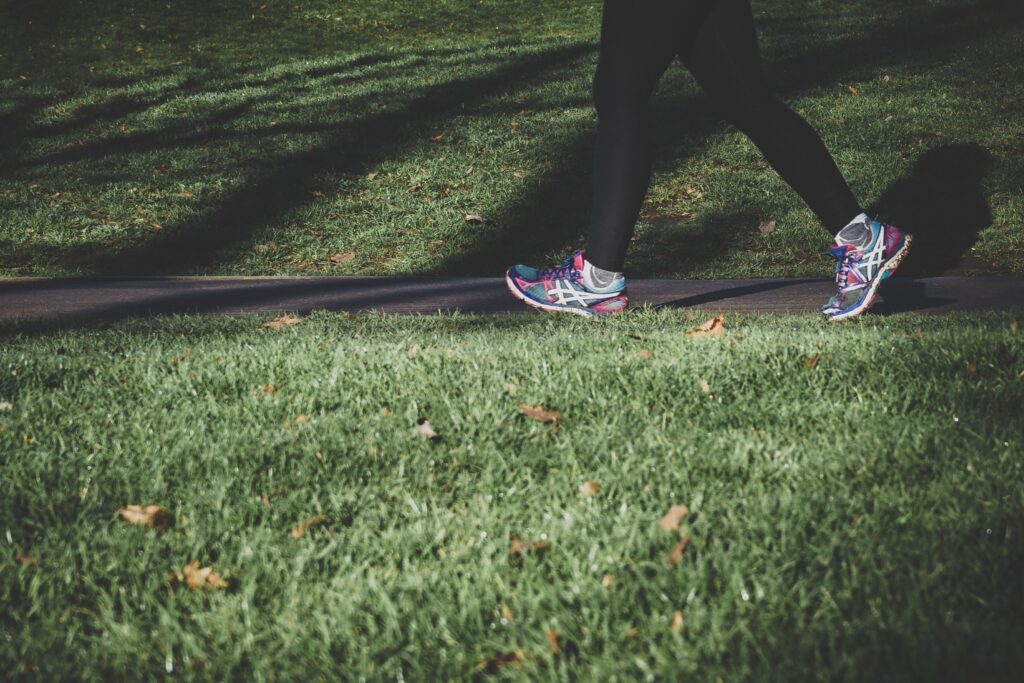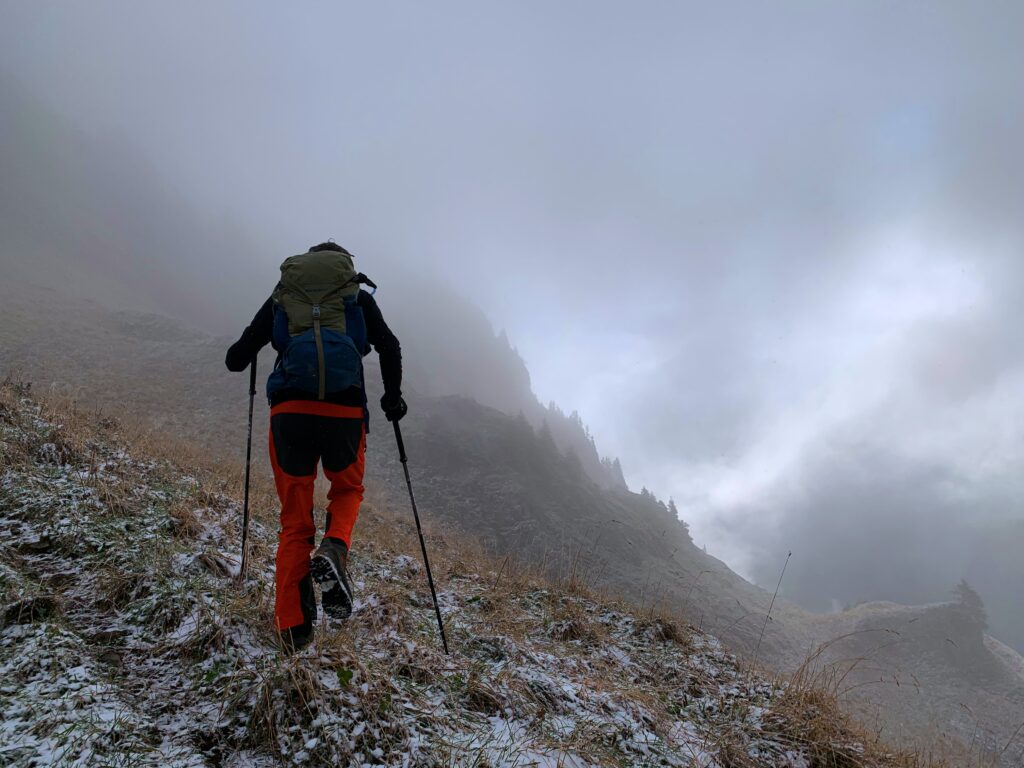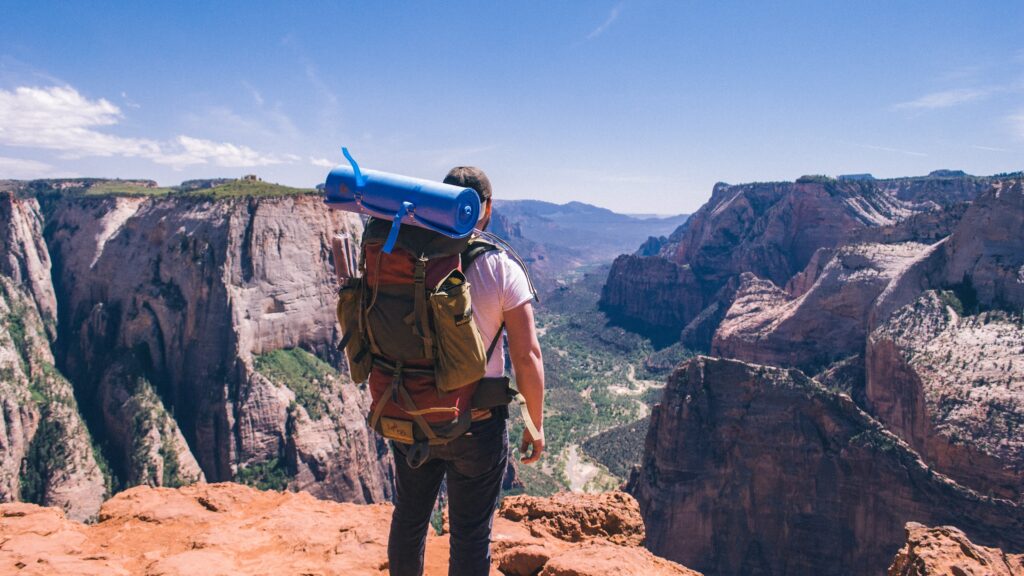Backpacking over the age of 50 might be daunting for some. Maybe you never have backpacked or maybe it’s been decades and you are worried about how middle-age (or more) will impact your backpacking ability.
Backpacking can be for almost everyone
Backpacking can be for almost everyone! You don’t have to be a young 20-something to enjoy the fresh air and exercise of a good backpacking trip, but there are some things you may need to change about the way you hike. Here are our top tips for backpacking over the age of 50.
Get in shape for backpacking over 50
Listen, carrying 40-60 pounds on your back while hiking on rocky trails with changes in elevation isn’t a walk in your local park. It’s best to make sure you are in good enough shape to be confident in your backpacking endeavor. Be sure to start with a doctor’s visit to ensure that you have his/her’s blessing.
Since backpacking is walking on a trail (with your house, clothes, and food on your back), start with walking. We recommend working up to 5+ miles at a sub-20 second per mile pace. 15 seconds per mile or below is awesome, but remember that it’s about your personal best. Signing up for a 5K race is a way to motivate yourself to work out. If you never have run a 5K, you can read You can complete a 5K.
When you can manage 5+ miles of walking at a decent pace, you can upgrade to day-hiking with a day-pack on. This is where carrying a little extra is fine because it’s for training. Start on shorter, easier hikes and then work your way up to longer hikes with elevation gain.
For all-around health, Yoga is a great way to gear up for your backpacking journey! While it’s a great exercise in general, it’s especially beneficial for backpacking because it increases your flexibility and balance. This is an excellent way to help reduce the risk of injury while on trails. You can also take some yoga stops along the trail and at the end of your hike to stretch out those sore muscles and joints.
For yoga tips that help with backpacking check out this Backpacker Magazine article.
Good health and fitness is an important prerequisite to successfully backpacking over 50.
Do your homework
Make sure you research before you jump on the trail. You should research local hiking trails to make sure they are attainable for someone with your experience. You can research gear to ensure that you have what is needed to make the trip. I often review hikes on the All Trails App to see what other hikers and backpackers are saying about conditions.
Snack Smarter
Snacking on the trail is important, but as a backpacker, you need to prioritize packing snacks with a lot of nutritional value. Since you don’t have the same agility and energy of the younger crowd, you want to select items that will fuel you for long periods of time even while doing vigorous exercise. Nuts, cheese, tuna, and dehydrated food are all great options. You may also want to bring supplements on your adventures to make sure you are getting well-balanced nutrition.
Trekking Poles help with backpacking over 50
Having a strong core is important for balance while you’re backpacking, especially in hilly, steep locations. But even still, you may benefit from the extra stability of poles! Hiking poles or trekking poles can help keep you balanced and prevent you from falling. They will also decrease the burden on your knees. Before backpacking with your poles for the first time, practice using them so you get used to them.
Take the Appropriate Precautions
If you were to fall and injure yourself on the trail, the consequences are usually much more severe for those of an older age. While proper training and preparation can help mitigate these risks, it’s also a good idea to bring a device that can call for help if you have a medical emergency. Some of the most popular versions on the market include InReach, SPOT, or a personal locator beacon. Not only will this be a big help to you, but it will no doubt put the minds of your loved ones at ease too.
Don’t Be in Such a Rush
When backpacking over 50, you may have to go at a slower pace on the trail, but that doesn’t have to be a bad thing. There’s a lot of beauty on the trail. Take your time to enjoy it! Instead of trying to go as fast as you can or taking as many photos as possible, taking a slower, more careful approach to hiking gives you the chance to truly be present and soak in the atmosphere.
Backpack with the Best of Them—No Matter Your Age!
Don’t let your age define what you can and can’t do. You can be a great backpacker no matter how young or old you are! Just make sure you follow these tips when backpacking over the age of 50 to keep yourself safe.
See where this story/article ranks in popularity: Top 10 List




